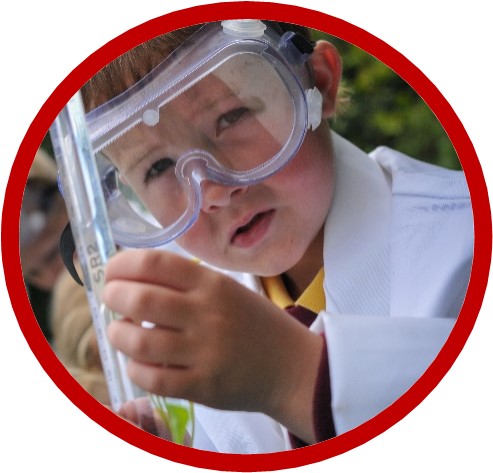Curriculum Information 3
What Matters
Your child’s learning will focus on things that matter to them now and when they grow up. Each area of learning and experience contains statements of what matters which shape learning for children of all ages. These help your child think about what they’re learning and how topics link to each other, to work and to life. They also support your child to progress each year as they build their understanding and skills.
There are more opportunities for your child to learn important skills for life that will help them to:
- Appreciate the world around them
- Ask questions, look at evidence, make decisions and solve problems
- Explore, communicate, create plans and find solutions
- Build resilience and manage their well-being
- Work with others, and
- Make decisions about their future career based on meaningful experiences in learning, work and entrepreneurship
An example of how this works in the Science and Technology area of learning and experience, one of the statements of what matters is: ‘The world around us is full of living things which depend on each other for survival.’ As your child learns, they’ll think about this in different ways, like this:
- I know that there are endangered animals.
- I understand that what I do has an impact on the environment, people and animals.
- I can identify ways to reduce the impact of climate change on the environment, humans and animals
Learning in a way that works for your child
Our curriculum develops your child’s knowledge, skills and experiences. They will move forward as they learn more, their understanding of things gets deeper, their communication skills grow and their skills improve.
There may be times when they move forward quickly or slow down to make sure they understand a topic or because they discover something that interests them. Learning isn’t always linked to their age. It won’t happen in the same way, or at the same time for everyone.
Assessment
Assessment is part of your child’s learning every day. They’ll work with their teachers to understand how well they’re doing. This is important to help them see where they are in their learning, plan their next learning steps, spot any issues or extra support they need and to help their teacher find ways to challenge them and see how well pupils are doing.

